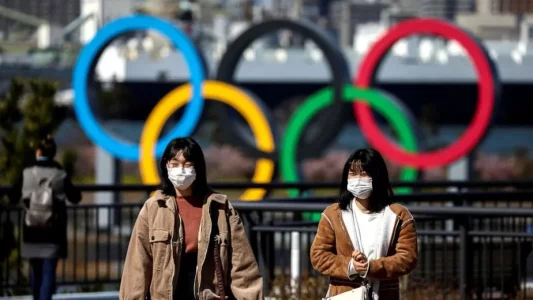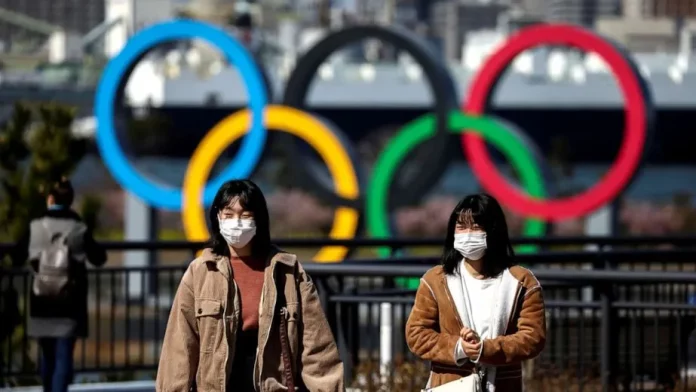
The COVID-19 pandemic has had a devastating effect on almost every aspect of everyday life, and the world of sports has been no exception. Large-scale sporting events were canceled or postponed, athletes tested positive for the virus, and many sports underwent profound transformations to adapt to restrictions and new realities. This article analyzes how the pandemic in the world of sports has impacted the entire sporting landscape and how the sector has adapted to these unexpected challenges.
Cancellations and Postponements
One of the first and most immediate impacts of the pandemic was the cancellation and postponement of sporting events around the world. From the Olympic Games to local football leagues, the suspension of sporting activities has brought enormous financial and emotional losses to athletes, teams and fans. These cancellations also led to significant losses in sponsorship revenue, box office and broadcast rights.
Testing and Security Protocols
As the months passed, it became clear that life wasn't going back to “normal” anytime soon. Therefore, sports organizations have had to develop strict safety protocols, including frequent testing, isolation bubbles and games without an audience or with limited capacity. These measures allowed some sports to resume their activities, but at a high operational cost.
Format Changes
Many leagues and tournaments have chosen to reformulate their formats to adapt to the limitations imposed by the pandemic. The “bubble” format, where all teams and employees are isolated in a single location, has been widely adopted in sports such as basketball and hockey. Additionally, seasons have been shortened and playoff systems modified to reduce travel and potential exposure to the virus.
Growth of Electronic Sports
With the suspension of many traditional sports, electronic sports (e-sports) have seen significant growth in popularity. The ability to compete and stream events online has allowed esports to continue almost uninterrupted. Additionally, many professional athletes and traditional sports teams have entered the world of esports as a way to maintain fan engagement.
Athletes' Mental Health
The impact of the pandemic on athletes' mental health is an often underestimated but crucial aspect. Isolation, uncertainty about the future and disruption to training routines have profound effects on the psychological well-being of athletes, who are often already under immense pressure to perform at a high level.
The Future of Sports in the Post-Pandemic Era
While we are still navigating the uncertain waters of the pandemic, it is clear that the world of sports will never be the same. The pandemic will likely bring transformations with lasting effects, accelerating digitalization, adopting new formats and permanently changing the organization and transmission of events. As we adapt to a “new normal,” we will continue to see innovation and adaptation across the global sporting landscape.
In short, the COVID-19 pandemic has caused unprecedented disruption in the world of sports, forcing athletes, teams and organizations to adapt in ways never before imagined. Yet amid all the challenges, opportunities for innovation and growth have also emerged, shaping the future of sports for years to come.
